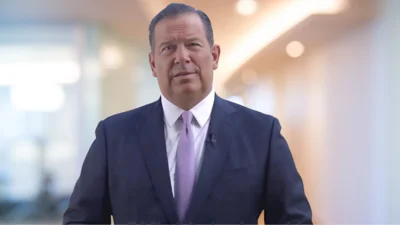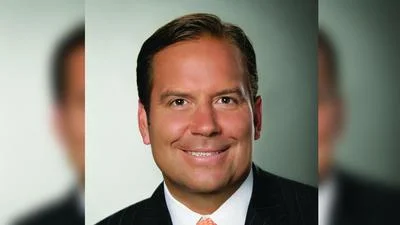Gov. J.B. Pritzker | Chicago Tribune
Gov. J.B. Pritzker | Chicago Tribune
Already under devastating COVID-19 pressure, Illinois businesses could be dealt another blow in the form of Gov. J.B. Pritzker’s progressive income tax, which is headed to voters on the November ballot, unless the General Assembly quickly rescinds the progressive income tax amendment passed last year.
That amendment would first target the state’s highest earners, but there’s no guarantee that those earning less than $250,000 per year wouldn’t be hit with tax increases after the initial phase.
Illinois' tax structure can only be changed by constitutional amendment, and the current proposal would swap the current flat tax with a graduated tax rate and options for legislators to raise taxes with a simple majority vote. The General Assembly's amendment could lead to a $3.7 billion income tax hike, potentially raising taxes on 100,000 small businesses across the state, says the Illinois Policy Institute.
Illinois Senate President Don Harmon, a chief sponsor of the amendment, told WCIA on April 5 that he wasn’t sure lawmakers could do anything.
“I don’t know if there’s even a mechanism to take it off the ballot,” Harmon said.
Business owners are pleading with legislators to remove the amendment.
Illinois Policy Institute says there is. It’s a procedure laid out in the state’s constitution requiring a majority vote “of the members elected to each house.”
The rate structure may affect around 100,000 of Illinois small businesses who file taxes as S-corps or partnerships.
Harmon said that the people struggling most with the pandemic are likely to be in the 97% of Illinois residents who would, at least initially, benefit from a tax cut.
“I readily admit I have not been spending time focusing on the politics of all this,” said Harmon. “I was asked about this a few days ago, and it occurred to me that the people who are hardest hit by the pandemic are the same people who would benefit most from the fair tax."
"It is those individuals and small business owners who aren’t earning north of $250,000 who are worried about losing their jobs or who have already lost their jobs," Harmon said. "Those are the people we want to give a tax cut to, through the fair tax.”
However, without protection from future tax hikes, those very people would suffer most. Recovery from the COVID-19 pandemic will be tough for Illinois small businesses, which drive 60 percent of overall job creation. Higher taxes could make it more difficult to get back to serving the communities and customers, because of less operating capital, opponents of the amendment say.






 Alerts Sign-up
Alerts Sign-up